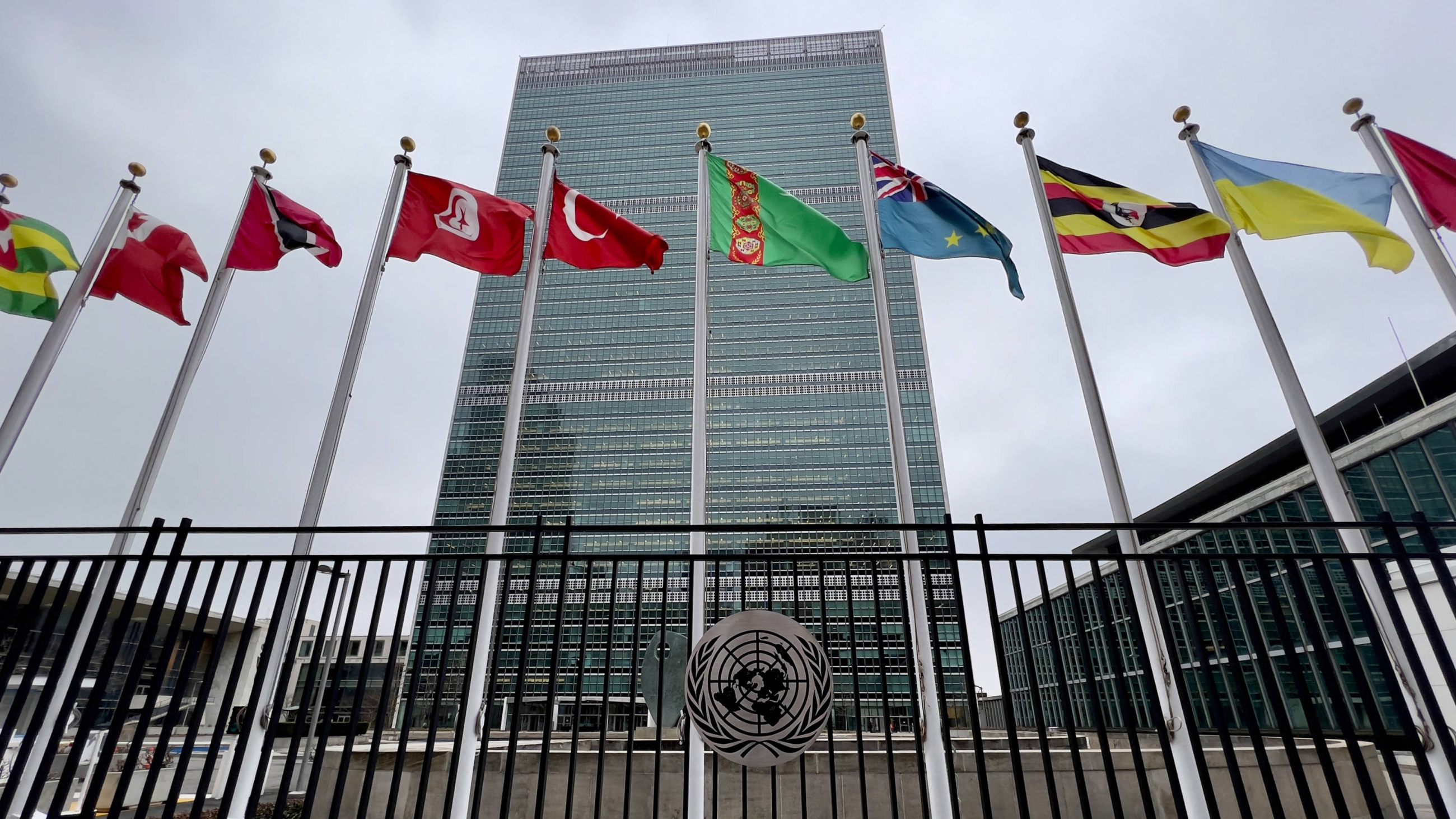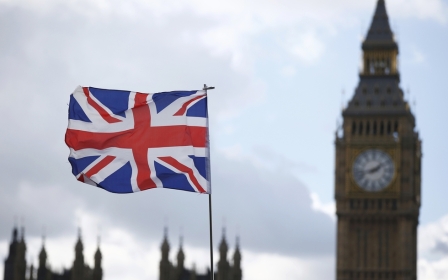Rights groups urge UN against adopting IHRA antisemitism definition

A coalition of 60 human rights and civil society organisations have called on the United Nations not to adopt the International Holocaust Remembrance Alliance's (IHRA) working definition of antisemitism, in a joint letter sent to the UN Secretary-General Antonio Guterres on Monday.
The rights groups voiced their support for the UN's commitment to combating antisemitism, but urged it not to submit to pressure by some governments and organisations to endorse the controversial definition that has been misused to falsely label as antisemitic some criticism of Israel's policies and advocacy for Palestinian rights.
The letter, which was also sent to Under Secretary-General Miguel Angel Moratinos, said that while the adoption of this definition has often been framed by governments and institutions as a key step in fighting antisemitism, in practice, however, it "has often been used to wrongly label criticism of Israel as antisemitic".
This misuse, it added, "thus chill and sometimes suppress, non-violent protest, activism and speech critical of Israel and/or Zionism, including in the US and Europe".
The signatories to the letter include Human Rights Watch, the Israeli human rights group B’Tselem, the American Civil Liberties Union, the Palestinian human rights group Al-Haq, the International Federation for Human Rights (FIDH), and dozens of other organisations.
New MEE newsletter: Jerusalem Dispatch
Sign up to get the latest insights and analysis on Israel-Palestine, alongside Turkey Unpacked and other MEE newsletters
The IHRA defines antisemitism as "a certain perception of Jews, which may be expressed as hatred toward Jews" and which may be "directed toward Jewish or non-Jewish individuals and/or their property".
It ties its definition to a set of "contemporary examples of antisemitism", most of which equate criticism of Israel with antisemitism.
The IHRA's examples include claiming that the existence of Israel is a "racist endeavour", and "applying double standards by requiring of [Israel] a behavior not expected or demanded of any other democratic nation".
The rights groups said that the wording "applying double standards" allows branding as antisemitic "anyone who focuses on Israeli abuses as long as worse abuses are deemed to be occurring elsewhere".
"This example suggests also that it is antisemitic to evaluate Israel as anything but a democracy, also when assessing its actions in the occupied Palestinian territories".
Thirty-five countries - including the US, the UK, France and Canada - have so far adopted or endorsed the definition, along with many political parties and public institutions, including both the Conservative and Labour parties in the UK.
Those who have been labelled as antisemitic based on the IHRA definition have included university students and professors, grassroots organisers, human rights and civil rights organisations, humanitarian groups and members of the US Congress.
The definition has also been used as a pretext to ban pro-Palestine events at several UK universities.
Middle East Eye delivers independent and unrivalled coverage and analysis of the Middle East, North Africa and beyond. To learn more about republishing this content and the associated fees, please fill out this form. More about MEE can be found here.





